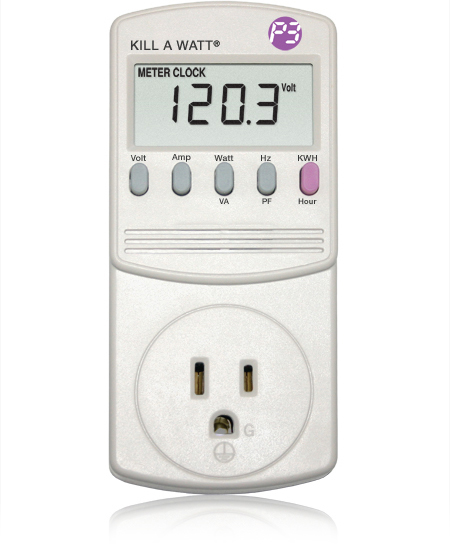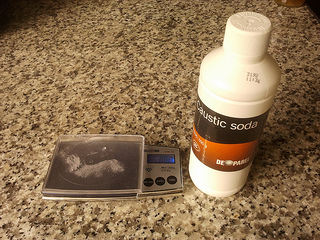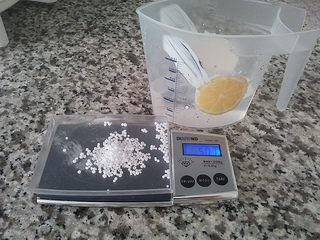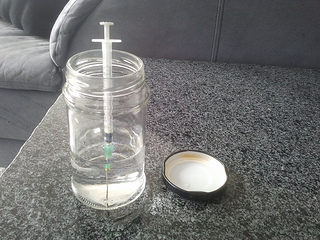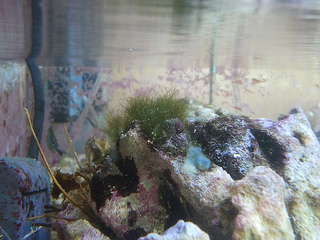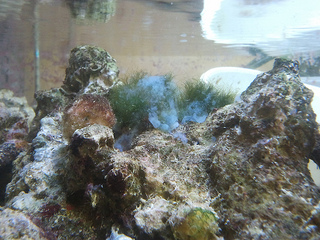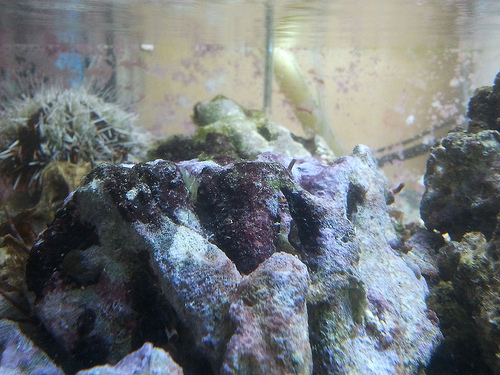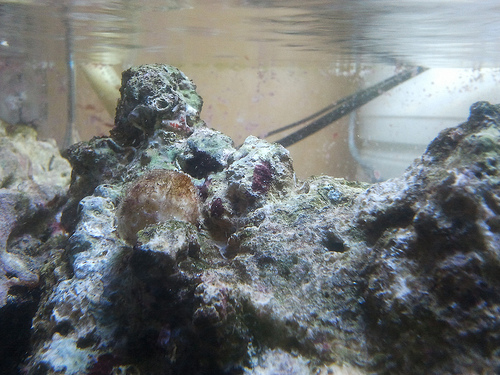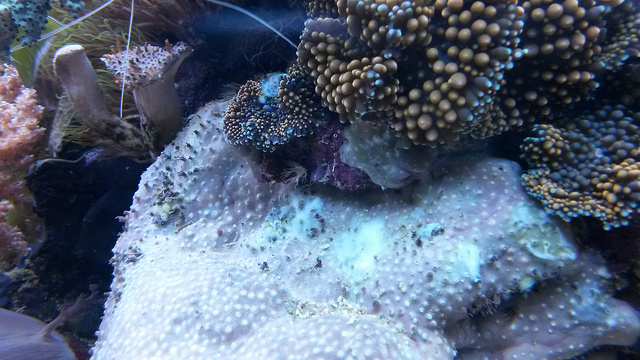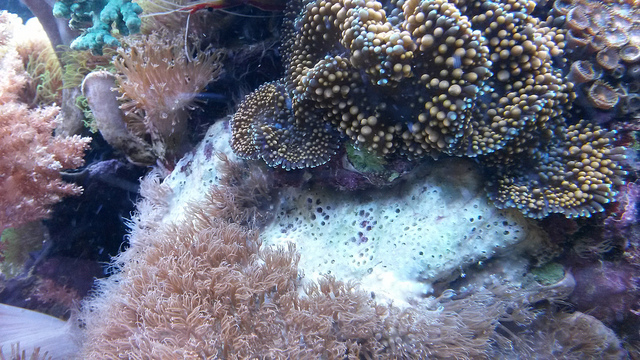Thank you for sharing your knowledge I have always wondered not doing a water change and supplement the required or present elements in the seawater that is depleting from consumption or skimming or evaporation. There elements that I was not to sure of how to control your ideas made it somewhat clearer and makes sense now just learning on how to implement it to how it would work according to my own tank is gonna take some trials and error..with my disability I would really like to not have to change water so much..my question is has anyone done this method with natural sea water?..lots of great info thanks again for sharing I have a lot of researching to do now...
Because the base of the method and the DSR calculator is to mix your own salt, all parameters can be manipulated with the same elements to correct imbalances due to consumption or overdosing whatever the reason may be (e.g. calcium reactor gone wild).
no reason for trail and error, because with the help of the calculator all can be calculated exactly, by anybody willing to learn how to do it.
for you this can be a good reason to go without water changes, how it workout for anybody is a matter of many variables and where you put your focus on.
These are my thought on the subject:
Do you want like to take reefing one step futher than the usual anemone with a couple off clownfishes?
Do you hate water changes? (because you have no means and space to do it the easy "automated" way)
Do you like to learn more about the reef dynamics?
Are you struggling to get control over your tank?
If you don't have any problems doing periodic measurements and all above are answered "YES", than you should consider running DSR.
it doesn't matter whether you use synthetic water or NSW to fill your tank, you use the calculator to control the essential parameters.
Last edited:








